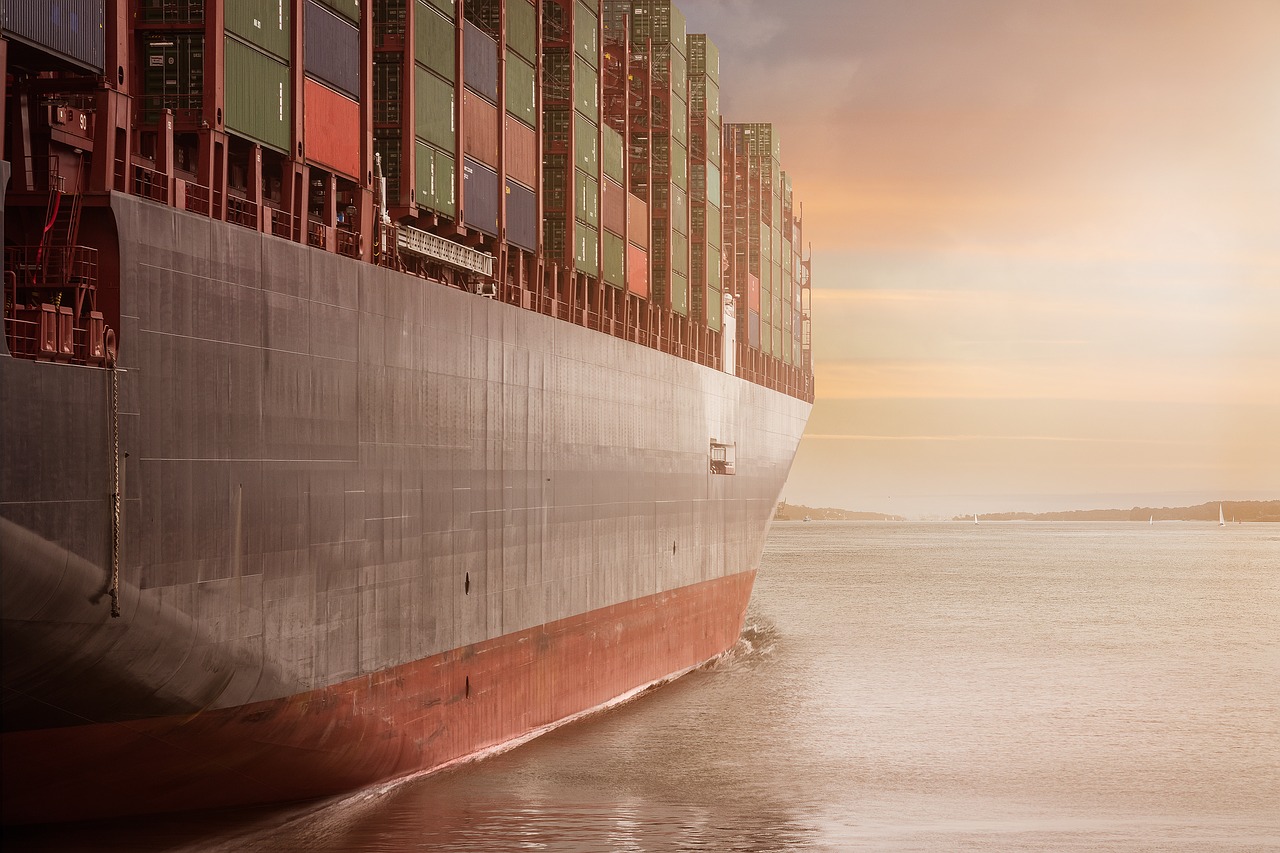Cargo ships move hundreds of containers from one corner of the world to another at speeds of up to 25 knots and need roughly 240,000 liters of marine fuel per day to do so. It is easily understandable that even the tiniest optimization in their energy consumption would translate to significant financial gains considering the lengthy sea voyages each these ships perform multiple times per year.
Michelin has thought about that and figured that these large cargo ships are not taking advantage of an obvious energy source that is available out there in the ocean, the wind. What the tire company proposes is the installation of massive (100 m2 / 1076 ft2) inflatable sails that could be deployed when and for as long as needed, and then retracted on demand.
These inflatable sails (WISAMO) could generate some propulsion, not to move the heavy ships by their own, but to allow the captain to ease on the engine power and thus save on fuel. The amount of savings depends on many factors, but it is estimated that it would be between 10% and 20%.
For Michelin, this is not only about making the shipment business more efficient and more profitable, but also about protecting the environment. Maritime transportation represents 3% of the world’s CO2 production and 11% of that generated for the transportation of goods.
With the pressure from regulators touching everyone today, the particular industry cannot continue to ignore the need for fundamental changes. Global maritime transport emissions have to be cut by 50% until 2050, and no matter what advancements are made in vessel design and IC engine development, these are bound to be limited to incremental improvements.
As such, Michelin’s “WISAMO project” is a promising first step that could be combined with other innovative solutions to make a staggering difference.






